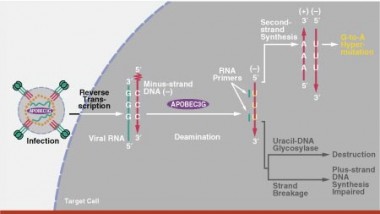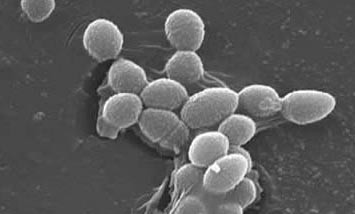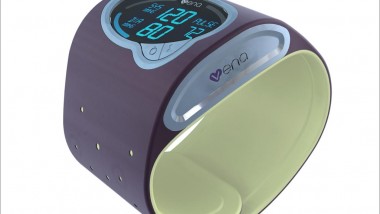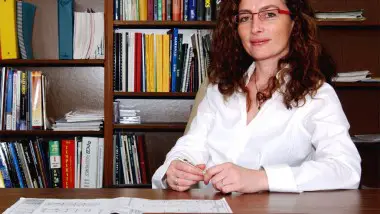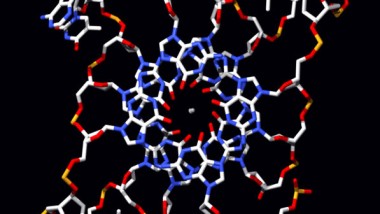Scientists from the Gladstone Institute of Virology and Immunology (GIVI) and the National Institutes of Allergy and Infectious Diseases (NIAID) have identified a gene that may influence the production of antibodies that neutralize HIV. This discovery is likely to lead ...
Gut Bacteria Involved in Colon Cancer
It has been long thought that normal gut bacteria were involved in colon cancer, but the exact mechanism was not clear. Now, scientists from the USA have uncovered a process in which a molecule produced by a common gut bacterium ...
2008 Nobel Prize in Medicine
The Nobel Assembly at Karolinka Institute is awarding the 2008 Nobel Prize in Physiology or Medicine to Harald zur Hausen of the German Cancer Research Centre in Heidelberg, Germany, Francoise Barre-Sinoussi of the Virology Department of the Institut Pasteur in ...
Cancer Detecting Bra?
Wouldn’t it be nice if you could be tested for a scary disease just by putting your underwear on? This could soon become reality. Scientists from the Centre for Research and Innovation at the University of Bolton in the United ...
The Exercise Pill
If you don’t like exercising you’re definitely not alone in your aversion. However, soon there may be a solution for you – in a form of a pill. Scientists from the Salk institute for Biological studies in California have developed ...
Vena Platform
Cambridge Consultants, as part of the Continua Health Alliance, has announced the development of the Vena platform. Vena is a single-chip communications solution for health devices, with the capability to provide wired (USB) and wireless (Bluetooth) connectivity to health devices. ...
New Treatment Halts Progress of Alzheimer’s
Pioneering research by UK scientists shows that a new product – Rember – may slow the progress of mild to moderate Alzheimer’s disease by 81% over a year and could offer hope to millions worldwide. Rember is the first drug ...
Laser Microscalpel to Target Cancers Individually
A group from Texas University, Austin led by Adela Ben-Yakir, has recently patented a new technology that can be used to target one cancer cell at a time. This laser “microscalpel” would make it possible for a surgeon to weed ...
The Link Between Stress and Illness
Do you like being under pressure? Do you enjoy running around like a mouse on a wheel? Think again. Scientists from UCLA have discovered a cellular mechanism linking between stress, aging, and illness. This discovery could potentially help create drugs ...
Insulin Nanopump for Accurate Drug Delivery
The Swiss Company Debiotech has developed a tiny insulin pump to deliver accurate drug quantities over a long time. The pump, 65 millimeters in size, sucks the drug from a container and injects it to the body. The device is ...

